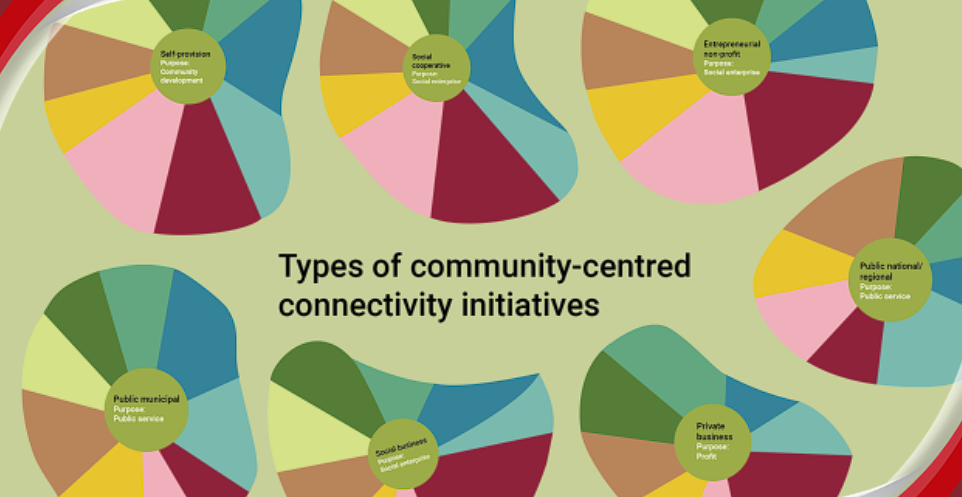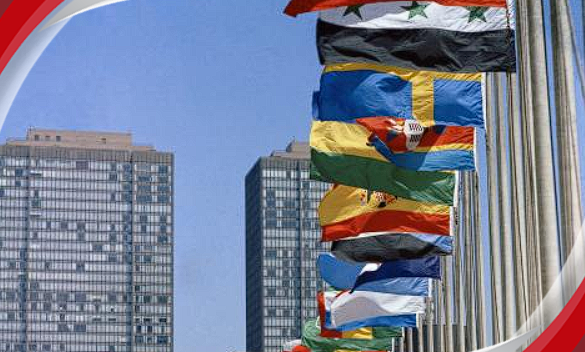Articles
Reflecting on Women's Month: Why do women get a whole month?
-
4 months ago
As August draws to a close, it’s a fitting time to reflect on the significance of Women’s Month in South Africa. Each year, this month serves as an opportunity to spotlight the immense contributions and ongoing struggles of women across the country. As I’ve often been asked, “Why do women get a whole month?”
My answer is that it not only allows us to celebrate the hard-won battles won over the past years but also vitally reminds us of the stubborn inequalities that continue to hold women back and deny them the economic freedom they deserve.
Typically, the events during the month give women a platform to share their stories and accomplishments. They also provide a public forum to challenge, address, and engage with change-makers on overcoming the obstacles to gender equality that still exist.
The conversations occur across business sectors, schools, communities, and churches, giving rise to community activism and networking. The hope is that these conversations will provide the momentum to convince policymakers to join forces with industry and communities to develop the initiatives needed to positively impact women’s daily lives.
Women in South Africa still face many challenges that prevent them from realising their full potential and enjoying the rights and freedoms enshrined in the Constitution. While women may have formal equality under the law, the reality of their lived experiences tells a different story.
Progress has been made in certain areas, but the challenges that still exist include the persistent inequalities, discrimination, and abuse experienced by women today in the workplace and at home. Women are also notably absent from national and local developmental planning, including agricultural reforms, the development of the SMME sector, and the informal economy.
Gender equality shortfall
The Commission for Gender Equality’s Women In The South African Economy 2024 Report found that the proportion of seats held by women in the national parliament improved from 39.2% in 2016 to 46.8% in 2021. However, only 27% of local government seats were held by women in 2021.
The report also found that while women are fairly represented in Cabinet and as members of parliament, they were not adequately represented in influential positions, such as deputy ministers, premiers, mayors and council members, with only 20% of premiers being women.
These figures highlight that the government is still falling short of its obligation to prioritise and resource gender mainstreaming efforts. By not including women in national and local development planning, the government has yet to enact the specific policy interventions to ensure women's full participation and economic empowerment. This perpetuates gender inequality and prevents the country from realising its true economic and social potential.
More generally, gender discrimination in the workplace and at home is often invisible, woven into the very fabric of our institutions and social norms. They manifest in myriad ways - from the businessman who automatically directs his attention to the male partner in a meeting to the company that fails to provide the necessary support and flexibility for working mothers.
The cumulative effect is to systematically exclude and marginalise women, denying them the same opportunities and pathways to success as their male counterparts.
Empowerment drives progress
Success in this respect is women feeling that they belong, are heard, and are given the same respect for the contributions they make as working professionals.
When women themselves are inspired to be included, there's a sense of relevance and empowerment. Everyone wins because women bring a different approach to the decision-making process that improves outcomes and contributes to economic growth.
In the investment industry, global progress in increasing the number of female portfolio managers slowed to a snail’s pace in 2023, according to the Citywire Alpha Female Report 2023. The proportion of female portfolio managers gained a mere 0.1 percentage point to 12.1% in 2023 compared with 12% the year before - and the number of females being appointed to run new funds was only 6.2% of the total, making it unlikely that there will be much progress over the next year.
In the face of these deeply entrenched challenges, Women's Month has been crucial in giving visibility to these factors. Ultimately, it is not just about celebrating the past but about charting the course for a more equitable future. It is a call to action for all South Africans—women and men alike—to join the fight for true gender parity.
Trailblazing women leaders - from Mary Vilakazi, chief executive officer of Firstrand, to chief justice designate Mandisa Maya, the first female chief justice - is a powerful testament to the transformative potential of women's leadership and agency.
When women choose to challenge, incredible things happen. Women’s Month is a reminder of the power and influence of women in shaping and driving progress and innovation in society. They inspire a new generation of young girls to dream big and to believe that the sky is the limit.
By confronting the harsh realities that women continue to face and demanding concrete solutions, we can move closer to realising the promise of a society where women's rights, dignity and economic potential are fully recognised and realised. That is a month - and a future - worth fighting for.
Related Articles Posts
Categories
Popular Post
-
 SA’s IT spend to outpace GDP growth 1 year ago
SA’s IT spend to outpace GDP growth 1 year ago -
 Vodacom, Netstar launch free in-taxi Wi-... 1 year ago
Vodacom, Netstar launch free in-taxi Wi-... 1 year ago -
 South Africa under pressure to fill cybe... 1 year ago
South Africa under pressure to fill cybe... 1 year ago -
 Organisations with a strong employee val... 1 year ago
Organisations with a strong employee val... 1 year ago -
 Joint policy-in-action event highlights... 1 year ago
Joint policy-in-action event highlights... 1 year ago -
 Boost your digital transformation journe... 1 year ago
Boost your digital transformation journe... 1 year ago








